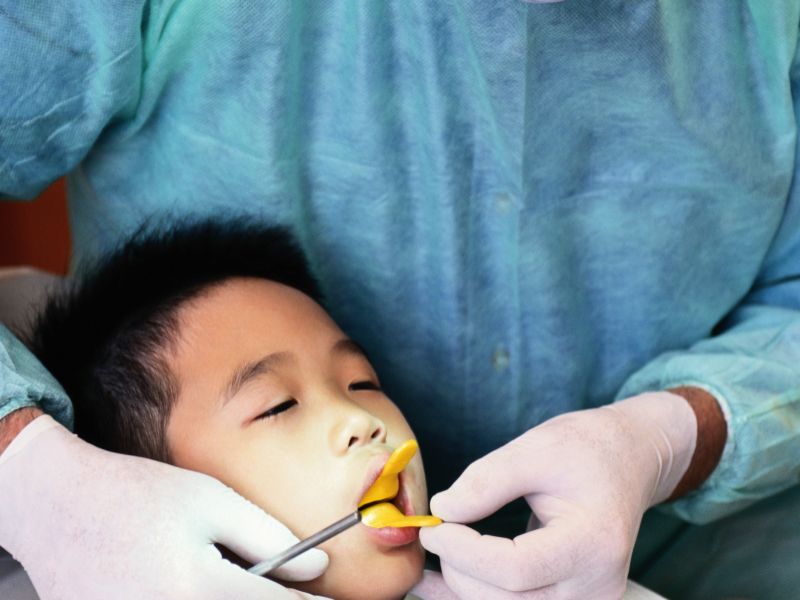
The support of co-workers is crucial for new mothers who want to continue breast-feeding after returning to work, a new study finds. Study author Joanne Goldbort, an assistant professor at Michigan State University College of Nursing, said co-worker support is critical for several reasons. In the workplace, a breast-feeding woman “has to work collegially with… read on >




























